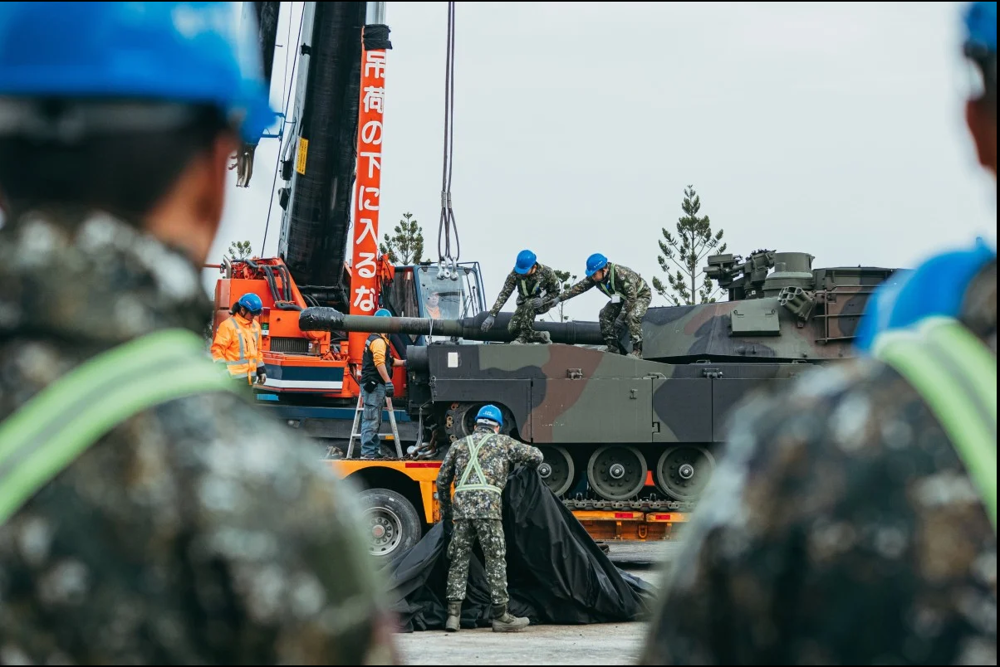100s tons of hazardous cyanide detected at China blast zone
A senior Chinese military officer says hundreds of tonnes of highly poisonous cyanide were being stored at the site, where huge explosions claimed 112 lives and left 95 others missing in the port city of Tianjin.
Shi Luze, chief of the general staff of the Beijing military region, told a news conference on Sunday that sodium cyanide has been detected at two locations in the blasts zone.
“The volume was about several hundreds of tonnes according to preliminary estimates,” he said.
The remarks came as China’s state-run news outlets had initially reported that 700 tonnes of sodium cyanide were being stored at the warehouse which was hit by powerful blasts last week in the mostly industrial Binhai New Area of Tianjin, situated 120 kilometers (75 miles) east of the capital, Beijing.
The amount is said to be 70 times more than the level that a warehouse for hazardous chemicals is allowed to store at one time.

Sodium cyanide is a highly hazardous chemical that can form a flammable gas upon contact with water.
Meanwhile, Chinese authorities have ordered residents within a 3-kilometer (1.8-mile) radius of the Tianjin blasts site to abandon the area amid growing fears of chemical contamination.
The evacuation order was issued after an apparent change in the direction of the wind blowing over the locked-down disaster zone. Chinese officials are concerned that toxic particles floating in the air after the massive Tianjin explosions could be blown inland. They could subsequently be inhaled deeply into the lungs, and get into the blood.

On Saturday, Chinese President Xi Jinping called on authorities to learn from the “extremely profound” lessons paid for with blood, and always keep “safe development” and “people’s interest first” in mind to avoid such accidents.
He demanded a better emergency response mechanism, greater implementation of work safety regulations, and careful checks of all possible safety risks.
Prime Minister Li Keqiang also urged officials to formulate a long-term mechanism in order to prevent the repetition of such accidents.
Dozens detained, several wounded in Israeli raids in West Bank
‘Ethnic cleansing’: Hamas blasts Israeli attacks on Gaza hospital amid intl. silence
Saudi delegation meets HTS leader at presidential palace in Damascus
Relentless Israeli ceasefire violations justify need for self-defense: Lebanese MP
Tel Aviv tells Damascus Israeli forces will remain in occupied territory: Report
Dec. 22: ‘Axis of Resistance’ operations against Israeli occupation
‘Abhorrent’: Oxfam says only 12 trucks delivered aid in North Gaza since Oct.
VIDEO | Leader receives religious eulogists on Hazrat Fatima birth anniv.










 This makes it easy to access the Press TV website
This makes it easy to access the Press TV website